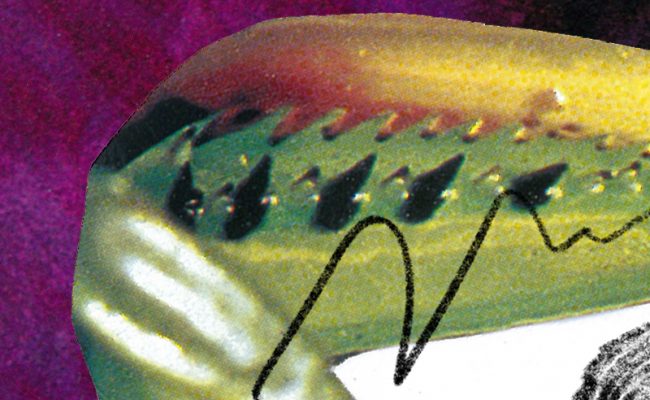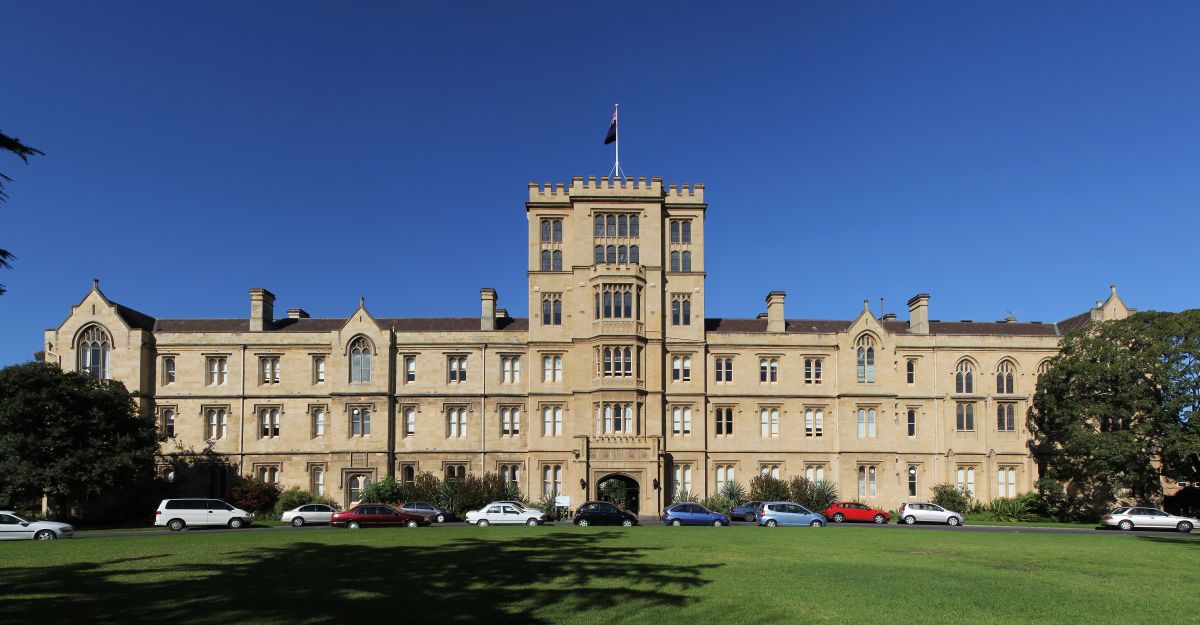the money printers
showed up
hadn’t seen anyone
for months
maybe everyone
was broke by now
couldn’t know
what kind
of system
is this
our desires
battered
by empty shelves
these are the people
who used to laugh
at Moscow GUM
—
Interpassive
&
flattened
by repetition
a languid scroll
elides
donate now
to help beirut
—
maybe now
you can
begin
to care
—
minimalism
hides so much
weirdness
if you want
to get away with it
the interstices
the nearest thing
to nothing
—
what to produce
from a language
always insinuating
rationality?
(not a snicker
nor a smile)
—
spitting chips
into what
for what?
wait a minute
what about
faking
a collective
two faced
&
turning
on a debit card
Read the rest of Overland 240
If you enjoyed this piece, buy the issue
Or subscribe and receive
four brilliant issues for a year




